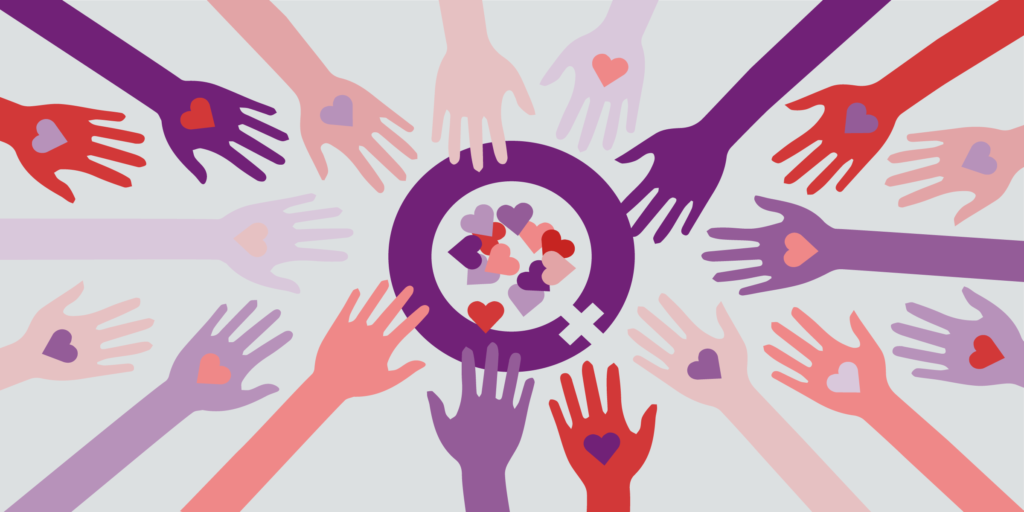
Causes Of Cramps During Periods And How To Deal With Them
The musculature of your womb expands and contracts during your period to aid in eliminating accumulated lining. Cramping can happen on occasion and indicates that the muscles are engaged. Every month, more than half of menstruating women have menstrual pain (dysmenorrhea) for about one-two day. Period pain can cause headaches or overall discomfort, but menstrual cramps mainly cause it.
Menstrual cramps occur as your uterus spasms to shed its lining, also known as the uterine lining. This can cause pain in the stomach, tailbone, or upper thigh.
What causes menstrual cramps?
There are various reasons for period pain, and if you get painful periods on a regular basis, a lady doctor can help you figure out why. The following are some of the most common causes of painful periods:
- PMDD (premenstrual dysphoric disorder)
- PMS (premenstrual syndrome)
- PID (pelvic inflammatory disease)
- Cysts in the ovaries
- Adenomyosis
- Endometriosis
Ways to deal with menstrual cramps
Having cramps monthly can be both annoying and painful. The good thing is that there are a variety of treatments available to assist you in relieving period symptoms. It’s critical to understand that these tactics aren’t always helpful, especially for chronic conditions, but they can alleviate moderate to mild period discomfort.
- Increase your water consumption.
Bloating is unpleasant and can increase period cramps. Water may help reduce puffiness and pain that comes with your period. Drinking hot water can also help with blood circulation and muscular relaxation. This can aid in the relief of cramping produced by uterine contractions.
- Consume anti-inflammatory foods.
Some meals can help with cramping relief while also being pleasant. Anti-inflammatory diets can aid blood circulation and uterine relaxation. Berries, fruits, and spices like ginger, turmeric and garlic should all be consumed. Consuming fruits and vegetables, nuts, and fatty seafood such as salmon can also help to reduce inflammation.
- Choose decaf coffee.
Caffeine causes blood vessels to constrict, and this can cause your uterus to tighten, making cramps more unpleasant. If you must have coffee during your period, go to decaf. If you depend on caffeine to get you through the afternoon slowdown, try eating a high-protein snack or going for a brisk 10-minute stroll.
- Consider using dietary supplements.
Vitamin D can aid in calcium absorption and inflammation reduction. Other supplements, including omega-3 fatty acids, vitamin E, and zinc, can assist in reducing inflammation and may even make your periods less uncomfortable. Take vitamins day after day, not only during your period, for the best results. Also, because certain supplements interfere with medications, consult your doctor before beginning any new regimen.
- Heat it up.
Just a little warmth can help relax your muscles, increase blood circulation, and ease the tension. Sit with a hot water bottle or heating pad, take a hot shower, or soak in a warm tub.
- Exercise
Exercise may be the very last thing you think of if you’re in pain. However, even light activity causes the body to release endorphins, which make you joyful, alleviate pain, and help relax your muscles. Yoga, gentle stretching, or strolling for fifteen minutes will help you feel better.
- Reduce your stress.
Cramps can be exacerbated by stress. Use stress-relieving practises such as meditation, taking deep breaths, exercise, or your preferred method.
